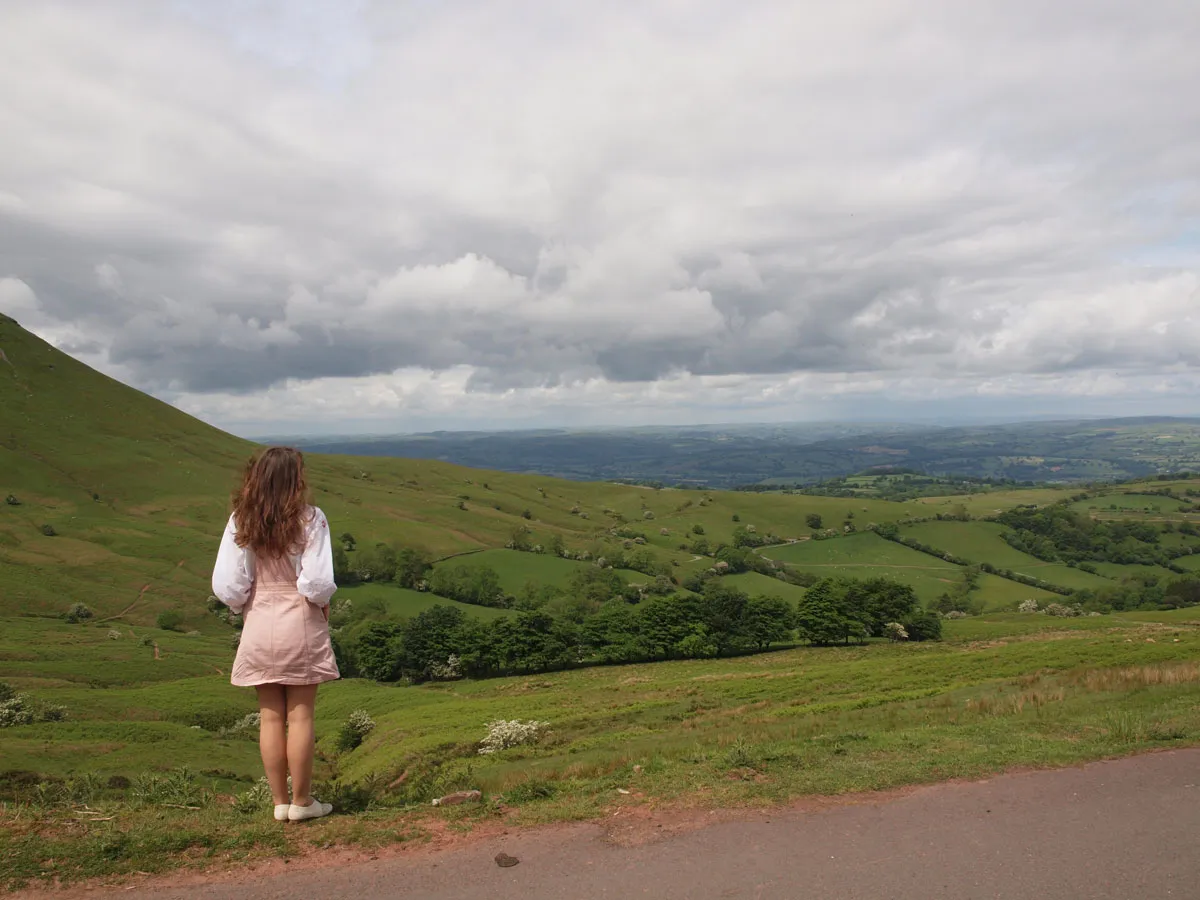Hay Festival is hands-down my favourite time of the year. You can keep Christmas. For 10 days over the May/June half-term, the small town of Hay-on-Wye in the Brecon Beacons is taken over by writers, thinkers, satirists, politicians, historians, astronomers, philosophers, psychologists, actors, and the rest of us: readers. So varied is the programme that whatever your interests, you can’t fail to find something you’ll want to see.
If, like me, you might be put off by the word ‘festival’, don’t be. No rowdy revelers here – it’s the most genteel version of a festival that you can imagine. Think more artisan coffee and Hereford buns, workshops for kids and on-site bookshops. Even the walkways are under cover, so when it inevitably rains you can stay dry as you move between the various talks and the food tent, where you’ll find Pembrokeshire fish and chips and local venison burgers. There is some music, granted, but this year the pianist and Bach fan James Rhodes was the headliner, so, you know. Everyone is so polite that Stephen Fry can just walk around as if it’s no big deal.
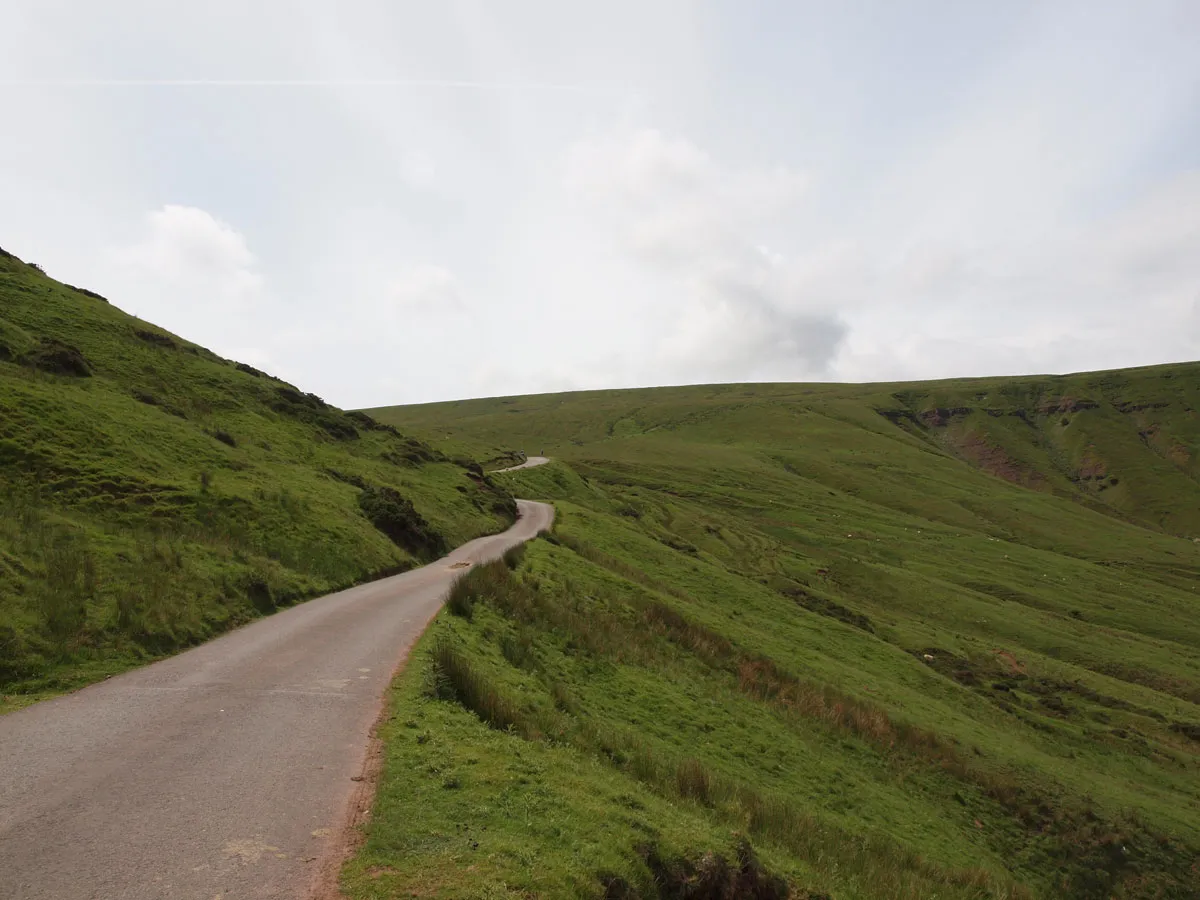
My friend Hannah and I first went to Hay two years ago, couldn’t believe we’d never been before, and vowed to go every year for the rest of our lives – four Hays on (including a much scaled-down version in November), so far so good. We start looking forward to it as soon as they release the extensive programme, a few months in advance, and then there are some difficult decisions to make.
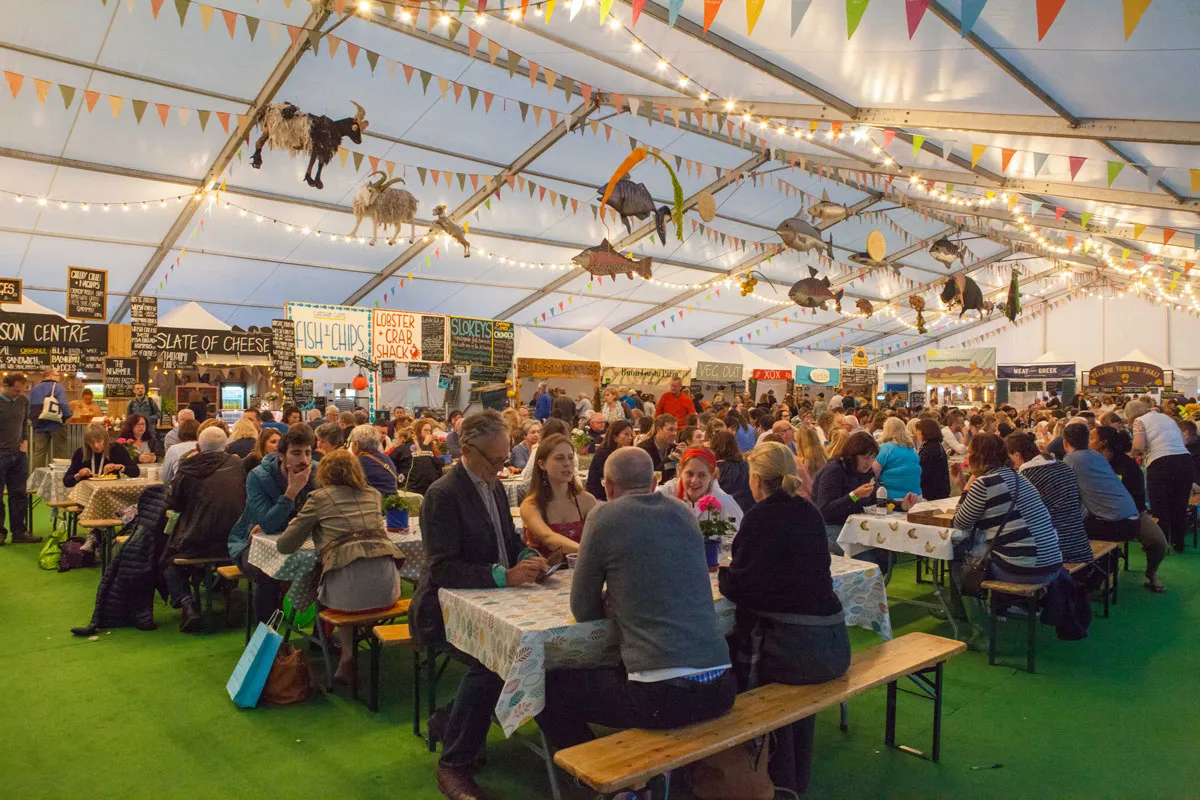
Like the Glastonbury festivalgoer who is torn between between seeing Lionel Richie and whoever else the kids are listening to these days, how do you choose between this year’s Man Booker Prize winner and actor/activist Michael Sheen giving a talk about how we can live in a better society? I opted for the novelist Paul Beatty in the end (Hannah stuck to her Welsh roots and came out wanting to move back across the border). But when we saw US Sentator Bernie Sanders’ talk an hour later, fellow socialist Michael was chairing it. Win-win.

There is a definite championing of Welsh talent at the festival. One-time Black Mountains local and writer Horatio Clare gave an entertaining reading from his new book, which re-tells 10 myths and legends of the Brecon Beacons, weaving together local history and the folklore that practically seeps out of the ground like oil. As part of the festival he also recorded a ‘slow radio’ event out in the wilderness for BBC Radio 3, and led a nature-writing walk. So there are plenty of ways to combine literature with the great outdoors.
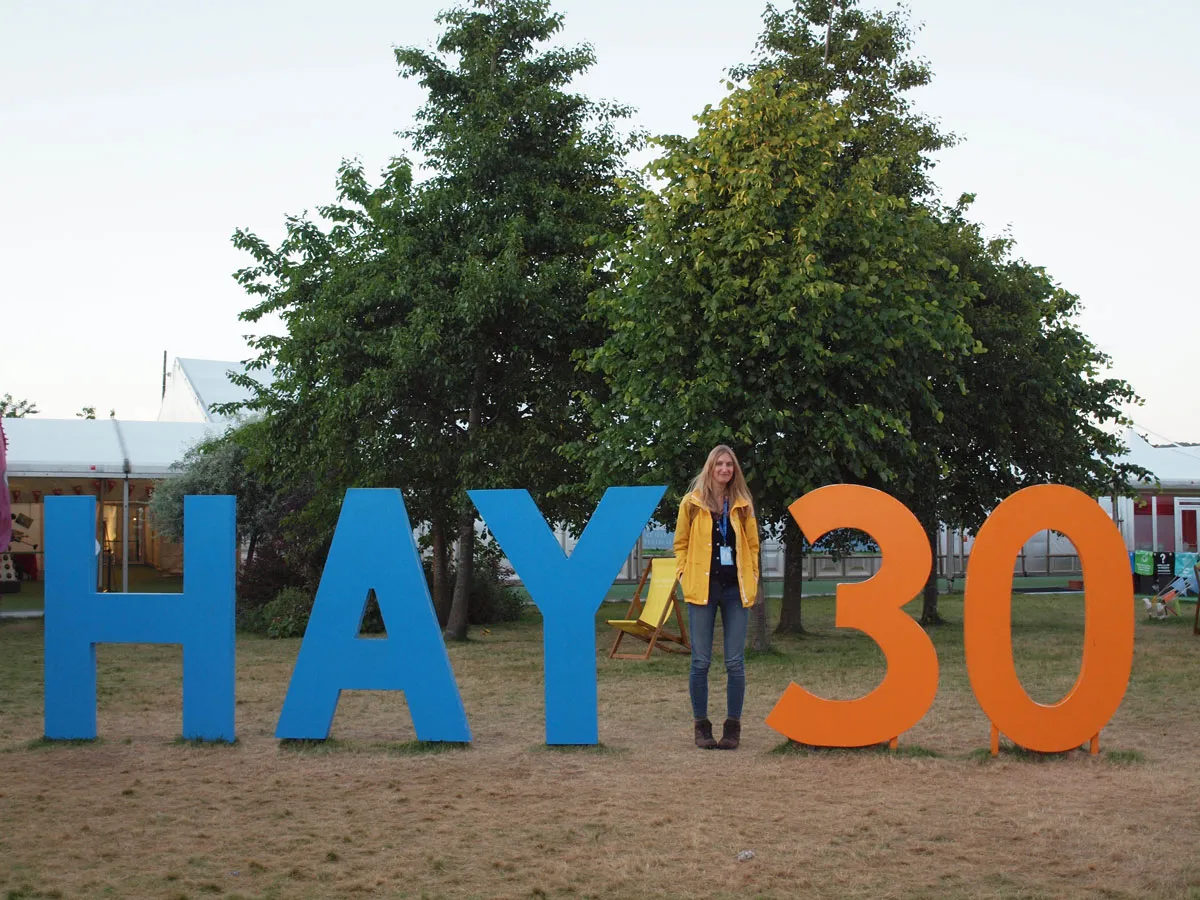
We took a break and got our nature hit with a walk along the river. The weather was against us, so the shelter of the trees was welcome, and while the conditions weren’t right for wild swimming, the water was warm enough for one of us to go for a paddle, in hopes of seeing an otter. But Hay is at its most glorious when they sun’s out, with dramatic landscapes to explore all around, and deck chairs to lounge in with a pint or an ice cream made with local sheep’s milk.
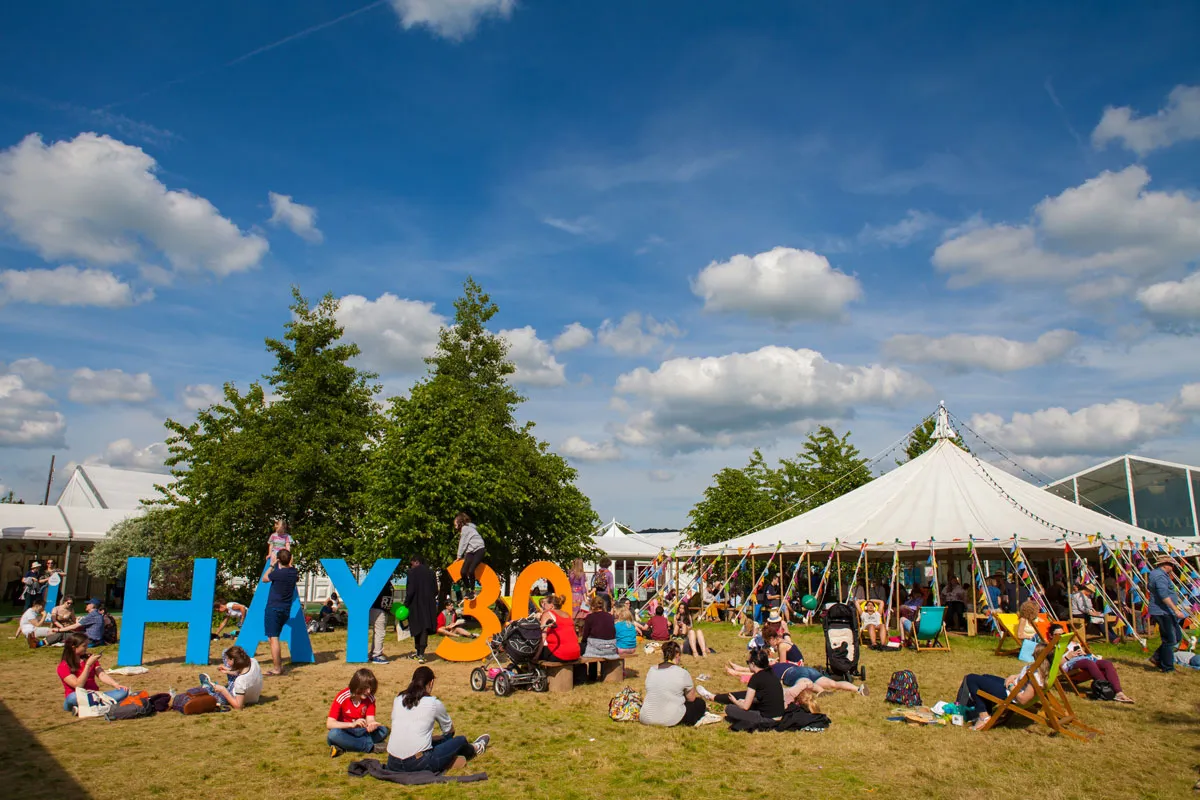
Sometimes the best things are the least expected, or, as they say, free. The BBC has a tent each year, where it hosts a combination of free panel discussions, talks and actual shows for broadcast, including Radio 3’s The Essay, which we saw last year. The festival is free to enter, you just buy tickets for the talks you want to see, most of which cost about £7, but the bigger names can cost more. This year, Hay regular Stephen Fry was joined by Tom Hollander, Tony Robinson, Juliet Stevenson and Richard E Grant, among others. Not bad, although Benedict Cumberbatch was there last year.
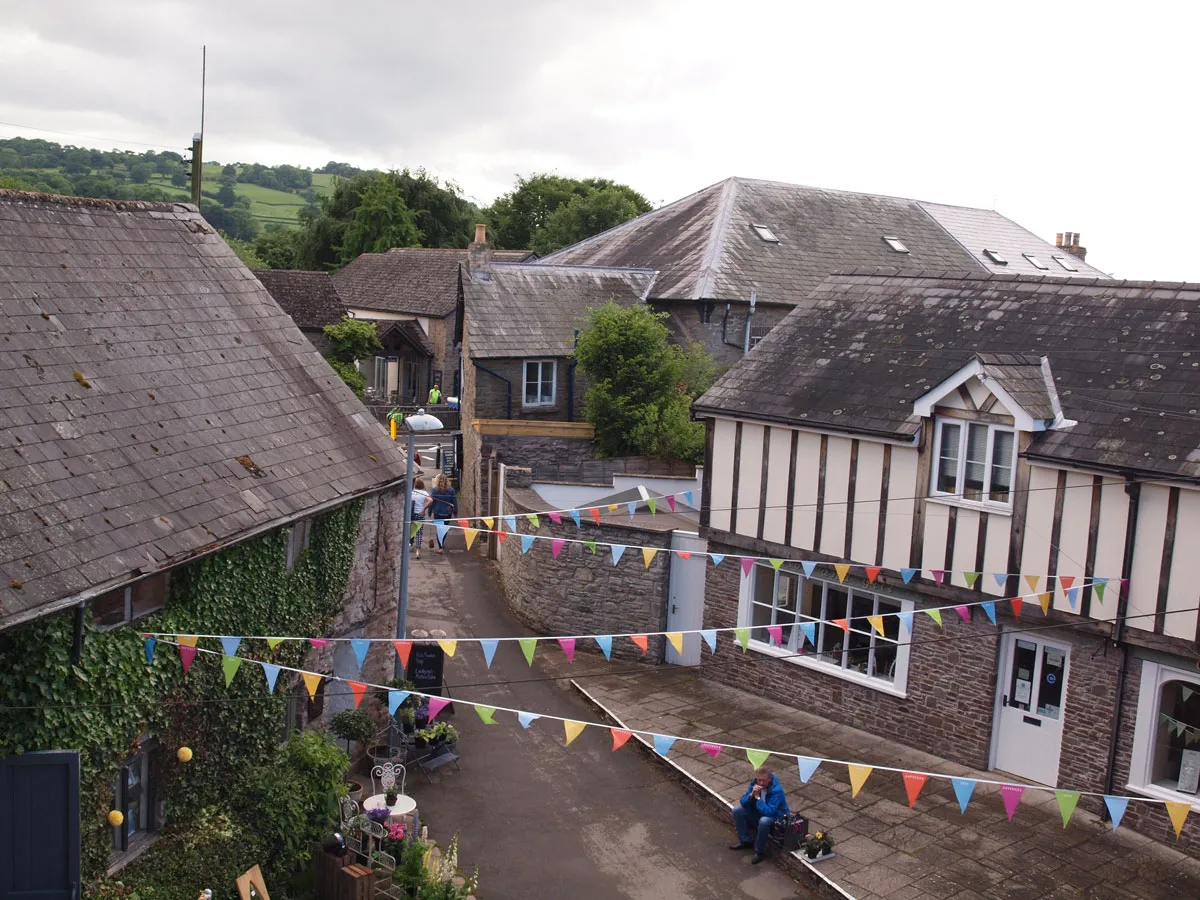
The festival lasts for 10 days, and to really feel like you’re part of it, stay for a few nights – if you can find somewhere to sleep. Local accommodation can get booked up a year in advance, so plan ahead or bring a tent – even the camping facilities are pretty swish. Some people stay all week.
In between talks, providing you don’t get carried away and book too many (five in one day is quite a lot, it turns out), there’s plenty of time to explore the quaint and characterful town and the surrounding countryside, which you can see from the festival site. It’s a mile’s walk or shuttle bus ride into ‘the town of books’, where you’ll find more bookshops than you will have time to browse, as well as plenty of antique shops and quirky independent emporiums. The Old Electric Shop is a personal and local favourite, incorporating a café at the front and various new and old wares out back, morphing into a music venue for the evening.
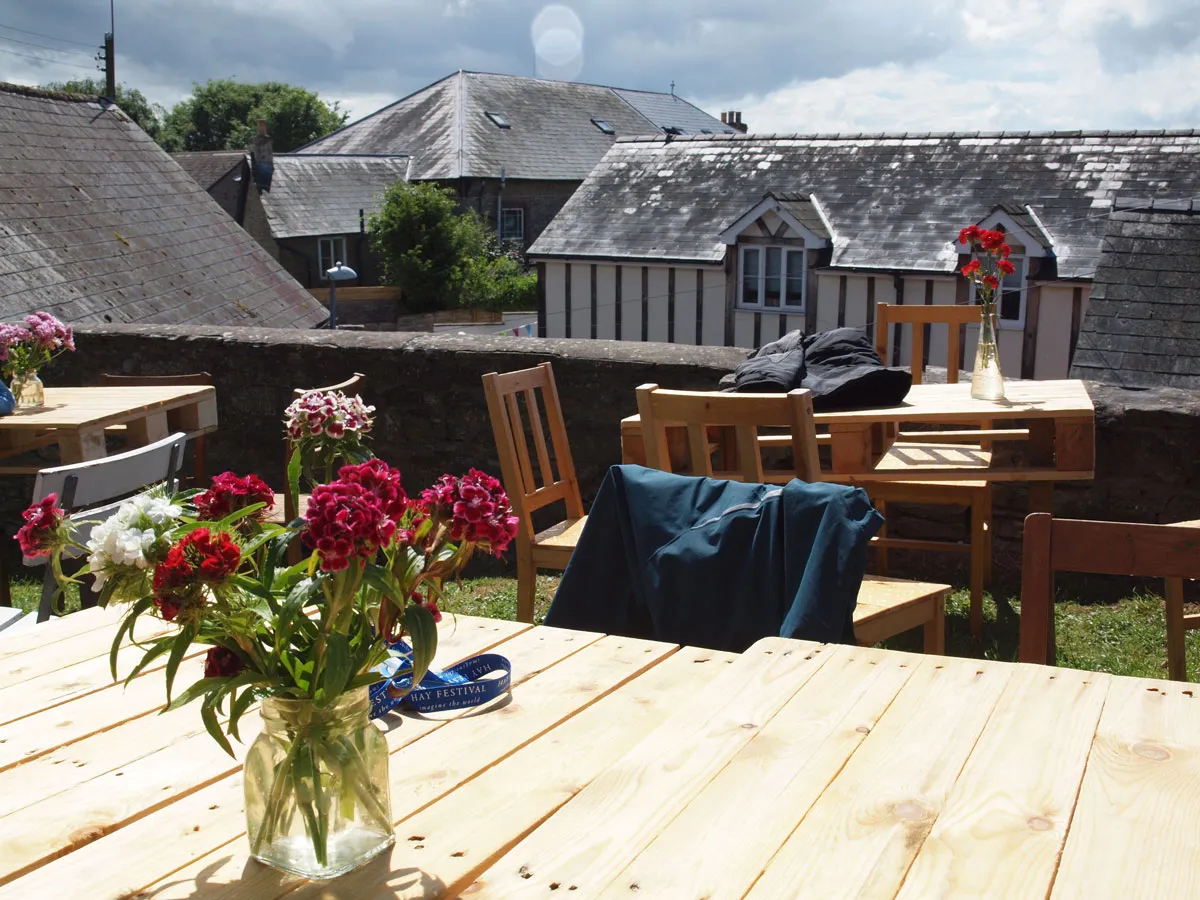
Hay-on-Wye is off-the-charts picturesque, with its winding streets and castle up on the hill. This year we arrived via the Gospel Pass – to call it a ‘scenic route’ doesn’t do it justice. After a long climb and a cattle grid, sheep wander into the single-track road, as it winds around and between the hills being braved by determined cyclists, before opening up to wide green vistas that require you to stop, so you can get out to enjoy the view and avoid careering off the side. We headed home after dark, and decided it was probably safer to take an A-road back to civilisation.
Hay Festival is such a unique experience and combines so many things that I enjoy, I’m always a bit sad when it’s over. But to pass the time, there’s always the anticipation of finding out what you’ll get to see next year. And Christmas, I guess.
